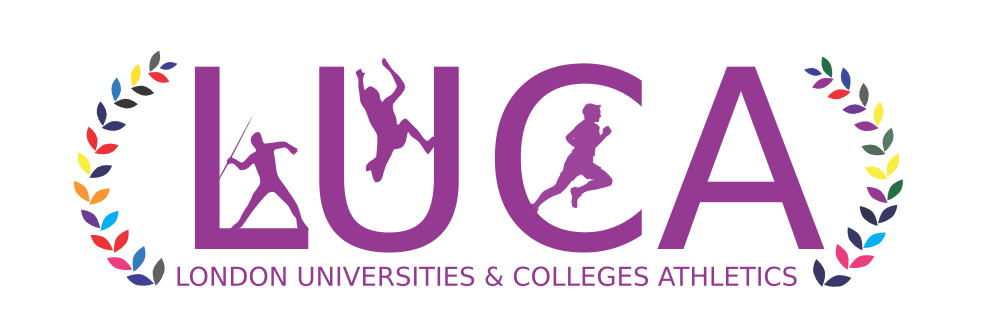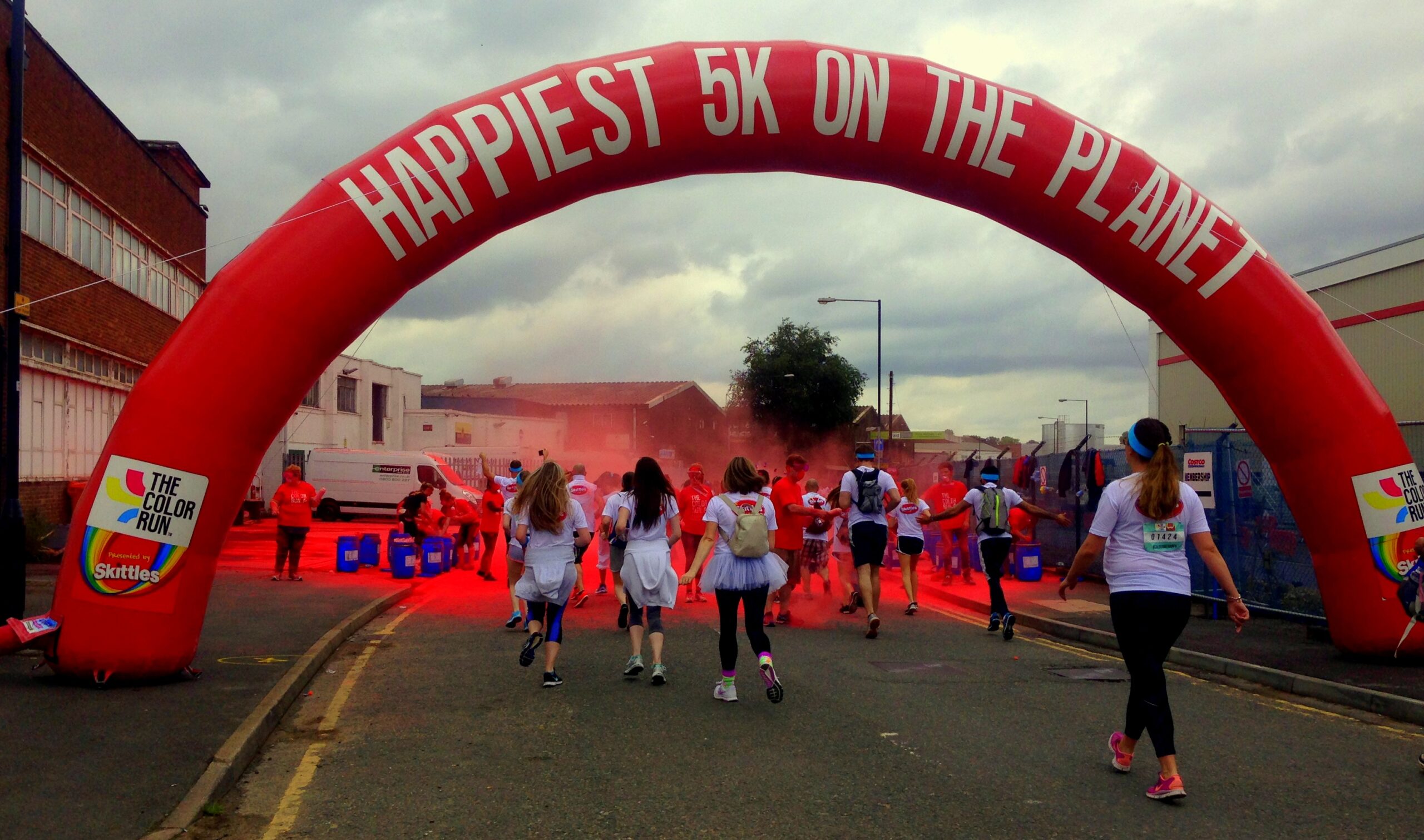
Living with anxiety and depression is a real and agonising struggle for millions of students.
I know because I was one of them.
It is estimated that one quarter of the population will suffer from some kind of mental health issue each year, with depression affecting nearly a fifth of UK adults.
It is a growing problem. Suicide is now the biggest killer of British males under the age of 50, leading to the deaths of around 100 men every week. And it’s not just a rising problem in men. Women are actually at higher risk of mental health disorders, especially those related to anxiety, according to the study of mental health and well-being.
Worryingly, the problem worsens when we look at students. The amount of students seeking help for depression has more than doubled at some institutions in recent years. Whilst this is likely to be, in part, due to higher awareness of mental health issues and the help available, it also seems reasonable to suggest that this reflects an increase in mental health problems at our universities, given the current trends in mental health.
But these conditions are treatable. Anti-depressants and cognitive behavioral therapy (CBT) are proven treatments that work for most people. However, a growing body of scientific and anecdotal evidence suggests that running can have profound benefits too.
Running profoundly helped me when I was in my darkest hour.
Is it possible that running can help combat depression and anxiety?
As a runner, a neuroscientist, and someone who has experienced depression and anxiety, this question fascinates me. Looking back at my experience, I would testify that running profoundly helped me when I was in my darkest hour.
It was on one of the worst days of my depression that I randomly decided to go down to my local athletics club. It may just have been a decision that saved my life. Running gave me focus, release, friendship and a goal to work towards.
The effects of running on mental well-being are profound. It can in no circumstances take the place of professional support, but it can be a great complement to appropriate treatment. If you feel like you need help, but don’t know where to turn, check out our health pages to find your local university service.
So how does running improve mental well-being?
The science
Running has been shown to have several effects on the brain. It leads to the release of certain substances in the brain, such as serotonin and norepinephrine, both of which are implicated in depression and anxiety.
Running also leads to release of endorphins; chemicals released by the pituitary gland in response to stress or pain. These help to inhibit pain and promote feelings of euphoria. This is what gives you that ‘post-training’ buzz.
Another positive effect of running is that it promotes neurogenesis (the creation of new neurons). This is particularly important because depression and anxiety have been associated with neuronal death in the hippocampus (the part of the brain that controls learning and memory). The mild stress caused by running stimulates an influx of calcium, which ‘agitates’ proteins that promote neurogenesis in the hippocampus.
Remember, running CANNOT take the place of professional help for a depressed person. It can, however, complement appropriate treatment. Always talk to your GP if you feel depressed or call 999 or the Samaritans if you need immediate help.
Beyond Biology
Neuroscience can only go so far in explaining the effects of running on depression and anxiety. There are psychological benefits too that go beyond biology.
Helps you study
Many people who experience depression/anxiety at university admit that it’s linked to the stress of their studies. Now, I’m not saying running will turn you into Einstein, but it can help with attention and memory. Running can also improve decision making and multitasking. So maybe you’ll be able to watch netflix and do that essay after all …
Boosts your social life
For some, but not all, depression is linked with diminished social contact. It might be that you find yourself unmotivated to sustain friendships. It might be that you didn’t have many to begin with. For many students who come to the UK to study, they leave their friends behind and may struggle to find new ones, especially if there is a language barrier. Running helps to expands your social life and promotes social interaction. Athletics clubs and races are great places to make friends who, in the future, can provide social support. I’ve made great friends through athletics and life is richer because of them.
Improves your sleep
Lying awake with depressive thoughts and anxious premonitions can make falling asleep a tough job. Ironically, sleep is important in order to replenish our energy to help us get through the day, so we feel less stressed and tired. Running can reduce pre-sleep stress and help our bodies fall asleep. Contrary to what a lot of beginners may think, running can actually give you energy, making it that bit easier to get through the day.
Gives your confidence a boost
Depression and low self-esteem often go hand in hand. You may feel worthless, insignificant and a burden on your friends and family. Running can help that. It can equip you with the mental resilience and determination required to fight these negative thoughts. When you join a club, you begin to develop more of a sense of worth and your running progress can help boost your self-esteem. Knowing that you can finish that race or that you can go that bit faster can give you a strong sense of self-belief.
Gives you a goal
The challenge for a lot of people with depression is to find some sense of purpose and meaning amidst the suffering. Athletics and running can provide exactly that. It is a means of getting and staying fit and progress is tangible. You join a community of people with a common aim – to run and get better at running. Joining a club can also help you with setting ‘mini-aims’ like preparing for a specific race or distance.
For me, running gave me a sense of purpose, and through LUCA I was able to put my energy to developing something unique that would have a positive impact on others. I started to gain my appetite back through running and found sleep easier after training sessions. I can’t claim that running was my ‘cure’, but it was an important catalyst that helped me get well again. Running can be transformative. I’ve witnessed that personally and through others. I’ve also witnessed how inclusive athletics can be, when compared to other sports. No matter what your starting ability, there is a place for you in our sport.
When it’s not enough
Despite its many mental health advantages, running should never take the place of professional help. If you are depressed you should contact your GP. If you don’t have a GP, or your GP is not in London, check out our health pages to find your university health services.



